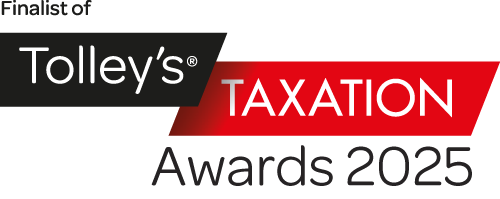Do I need to file a 2023 Self-Assessment Tax Return in January 2024?

Over the last few years, changes to tax legislation has meant more individuals than ever have needed to file tax returns to ensure they have met their tax obligations.
Typically, you will need to file a tax return where the following circumstances apply:
- You have earned more than £ 100,000 gross income
- You have received dividends of more than £ 2,000
- You have received interest from investments or savings of more than £ 500 (higher rate taxpayers) or £ 1000 (basic rate taxpayers)
- You have sold assets where the capital gain is more than £ 12,300
- You receive income from a rental property
- You receive foreign income
- You have received self employment income of more than £1,000
- You have received income from a partnership
- You have claimed child benefit but either yourself or a partner/spouse that you share a household with has earned more than £ 50,000 gross income
This list is not exhaustive by any means, but it is your responsibility to ensure your tax affairs are up to date, and failing to register for self-assessment can result in significant penalties being levied.
If you think you may need to file a tax return, and need assistance in doing so, please get in touch with hollystott@jerroms.co.uk as soon as possible, so that we can ensure that any filing deadlines are met.
SUCCESSION PLANNING AND PASSING ON FAMILY WEALTH
Get In TouchPlanning for the future is one of the most important steps you can take to protect your family’s financial wellbeing and ensure your legacy is passed on in the most effective way possible. Whether you're considering gifting assets during your lifetime or establishing trust structures to safeguard wealth for future generations, succession planning requires careful thought, strategic timing, and a clear understanding of the tax implications involved.
This booklet provides a practical overview of the key considerations when transferring wealth.
We’ve summarised the main areas to consider and highlighted the potential advantages and pitfalls of each approach. While this guide offers a useful starting point, we strongly recommend seeking tailored advice to ensure your succession plan is both tax-efficient and aligned with your family’s needs.




.png)










